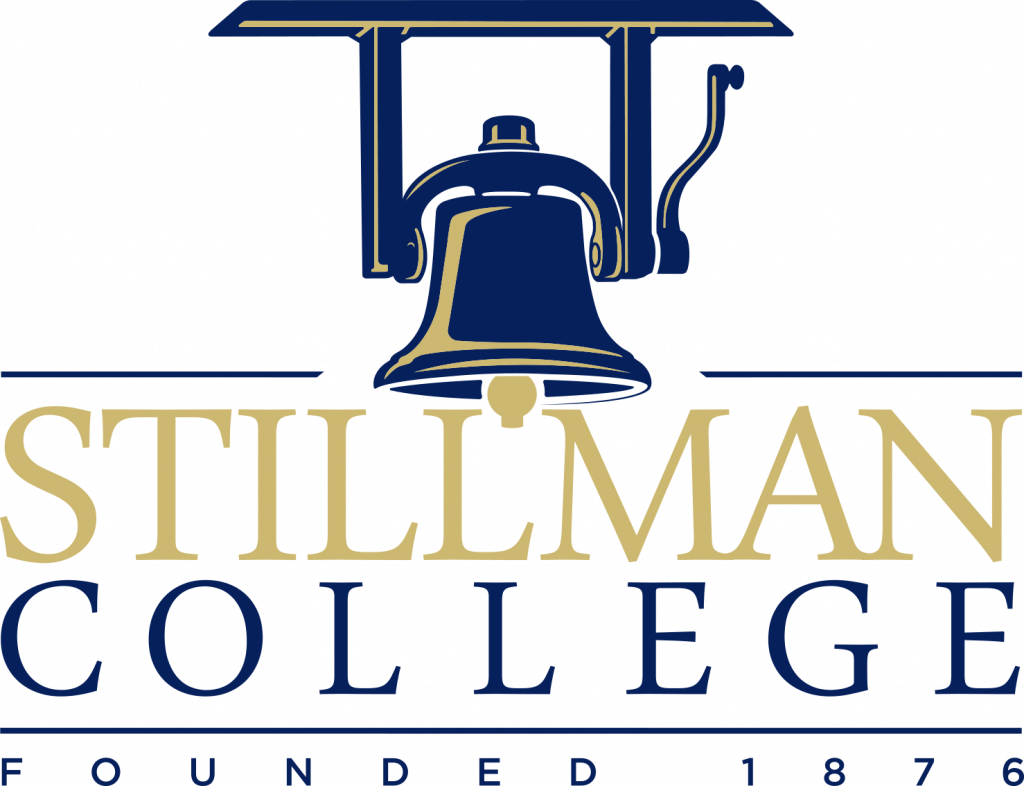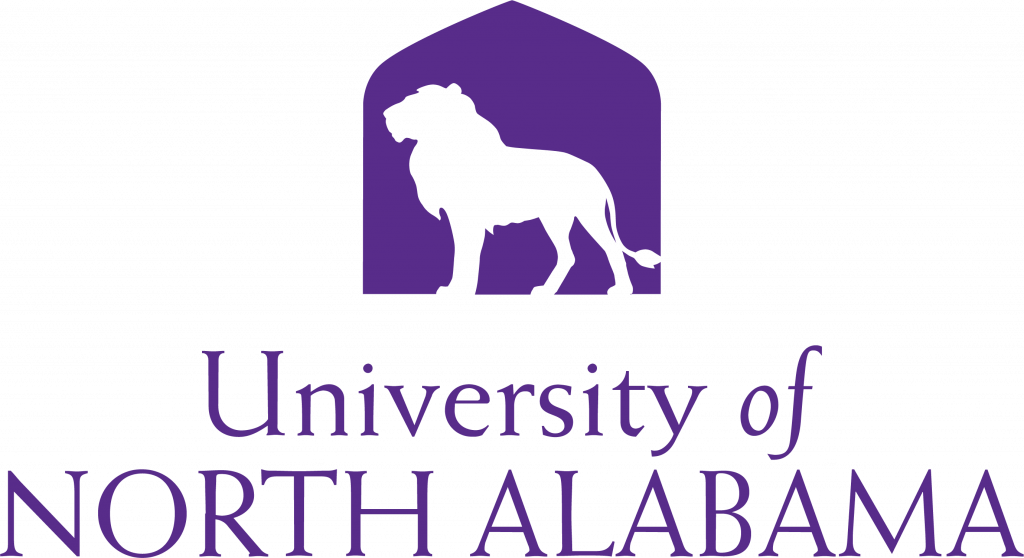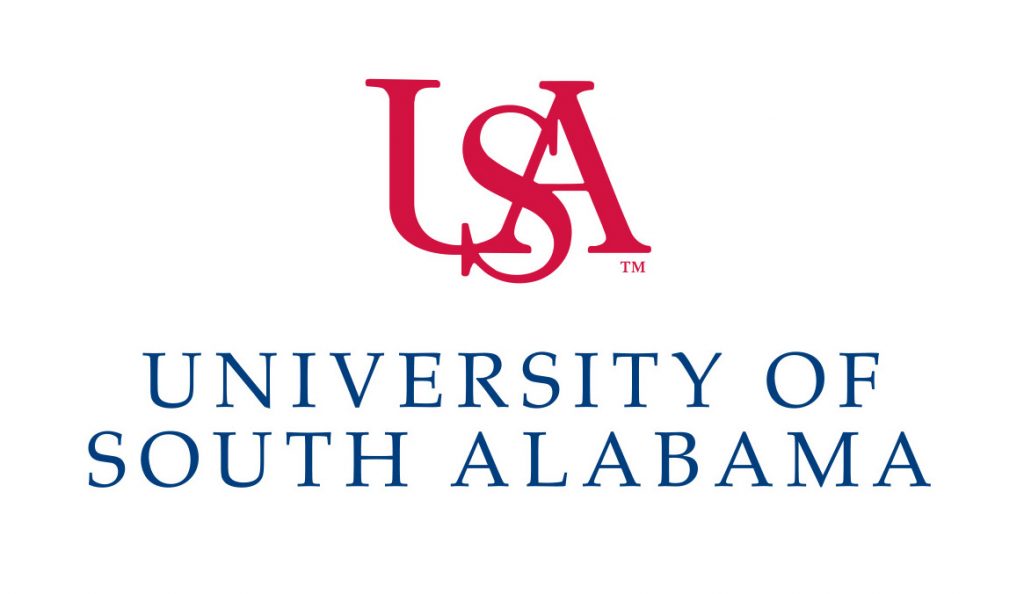The signature program of the Kennemer Center is the BIG Ideas Contest that focuses on developing innovations that enhance daily life. BIG Ideas is, by design, an entry-level program that encourages students who have limited or no competition experience to develop their ideas, transform their thinking, and address problems through creativity and ingenuity. Advising, mentoring and assistance are integral parts of the program, along with funding and recognition. Beyond the contest itself, BIG Ideas will support every participant throughout the learning process, helping them to be better prepared for other in-class and on-campus idea competitions, as well as for the future real-world competition of ideas that follows.
The BIG Ideas Contest is different from typical business plan and entrepreneurial contests in that BIG Ideas:
Focuses on innovations that enhance daily life.
Requires no experience. It is an entry-level program.
Includes all disciplines and all schools.
Complements and supports other campus programs.
Stresses teamwork and collaboration.
All contestants benefit from the experience gained through the start-to-finish process.

Rules
BIG Ideas Team Leads must be Honors College students. All team members must be current UA undergraduates who are in good academic standing and can be from any field of study. Teams consist of three to five members.
Workshops
The Kennemer Center conducts workshops throughout the year to assist students along their entrepreneurial journey. Workshops include such topics as:
- How to Research your BIG Ideas
- Presentation Skills
- Telling Your Story
- Budgets and Timelines
- Intellectual Property
- Corporate Structure
Phase I
Teams create a 3-page pre-proposal and a 1-minute video. The proposal identifies a problem and a proposed solution with emphasis on the solution's creativity.
Reviewers
The Phase I proposals are submitted to three judges for feedback.
Mentors
Each BIG Ideas team that chooses to have a mentor is assigned one. Mentors are entrepreneurs in the start-up or innovation ecosystem or subject matter experts. Teams and their mentors work together for approximately 1 hour per week via email, telephone, or virtual or in-person meetings for approximately seven weeks. During these engagements, mentors assist students in reviewing the feedback teams received from Phase I, coach teams through implementation plan development, connect teams with relevant members of their network, and provide constructive feedback on the project.
Phase II
Teams create an 8-10-page proposal and a 5-minute video. There is an increased emphasis on viability. Teams also create a 30- to 60-second video and a short description with non-proprietary information that may be used for marketing purposes.
Basic Elements of the Proposal
Problem Statement:
A description of the problem or need that the project will address, which communicates the teams’ understanding of relevant research / statistics on the problem.
Existing Solutions:
Overview of any existing services, programs, interventions or products that have been designed or implemented to address this problem.
Proposed Innovative Solution and Impact:
A summary of the innovative idea (e.g., project, service or product), how it works and its intended impact.
Implementation Timeline and Proposed Budget:
The timeline describes the key next steps for implementing the idea for the first year. The proposed budget includes both expected costs and revenue for the first year of the project, including any ideas or plans for possible funding sources.
Measuring Success:
Information about how a team would monitor or measure the impact or success of its project throughout the first year of implementation.
Judging
Proposals are evaluated on their creativity/innovation, potential for impact, quality and viability. In Phase I, judges give strong consideration to the creativity and innovation of the projects. In Phase II, judges increasingly consider the extent to which their projects are viable in their first year of implementation.
Awards
Monetary awards are given to the winners in a variety of categories.
Acknowledgement
The BIG Ideas contest is patterned after a similarly-named program developed at the University of California – Berkeley. We are grateful to UC Berkeley and the Blum Center for generously sharing their Big Ideas resources.
BIG Ideas 2024-2025 Data
50 Students
13 Teams
66% Out-of-State Students
17 States Represented
22 Majors Represented
3 Colleges Represented

BIG Ideas Expansion
In partnership with Innovate Alabama, the BIG Ideas Contest is expanding to the following colleges and universities in 2024-2025:




